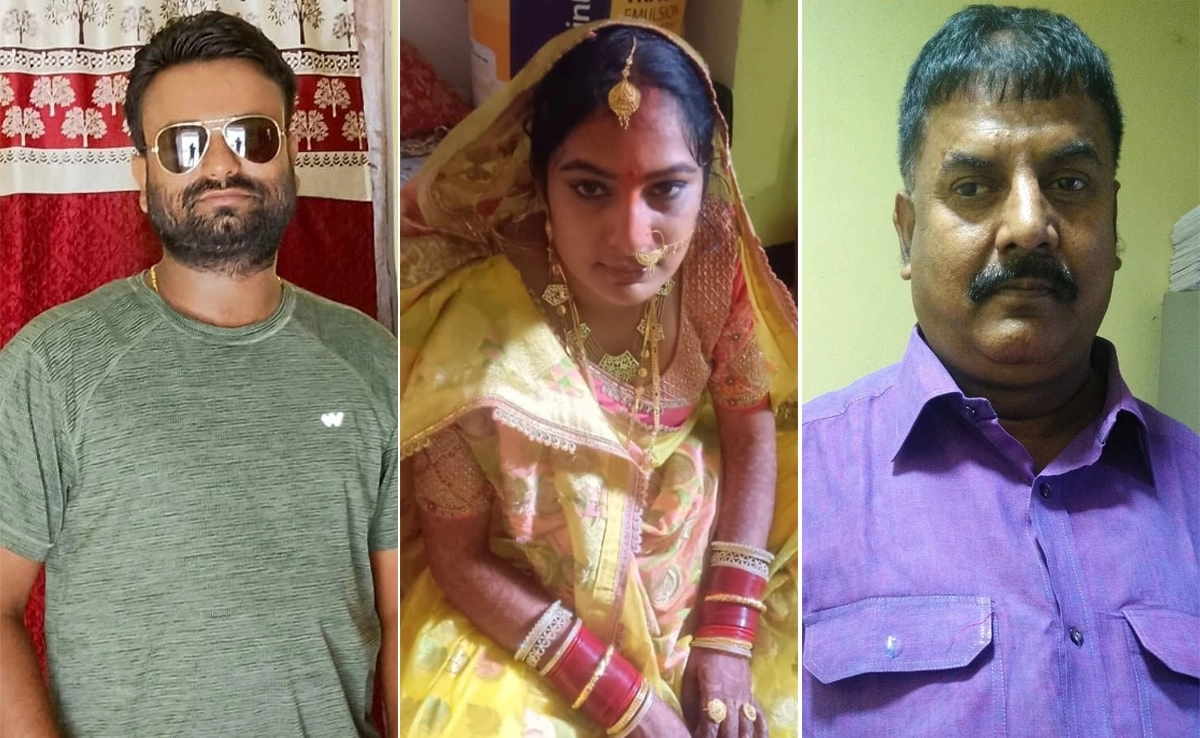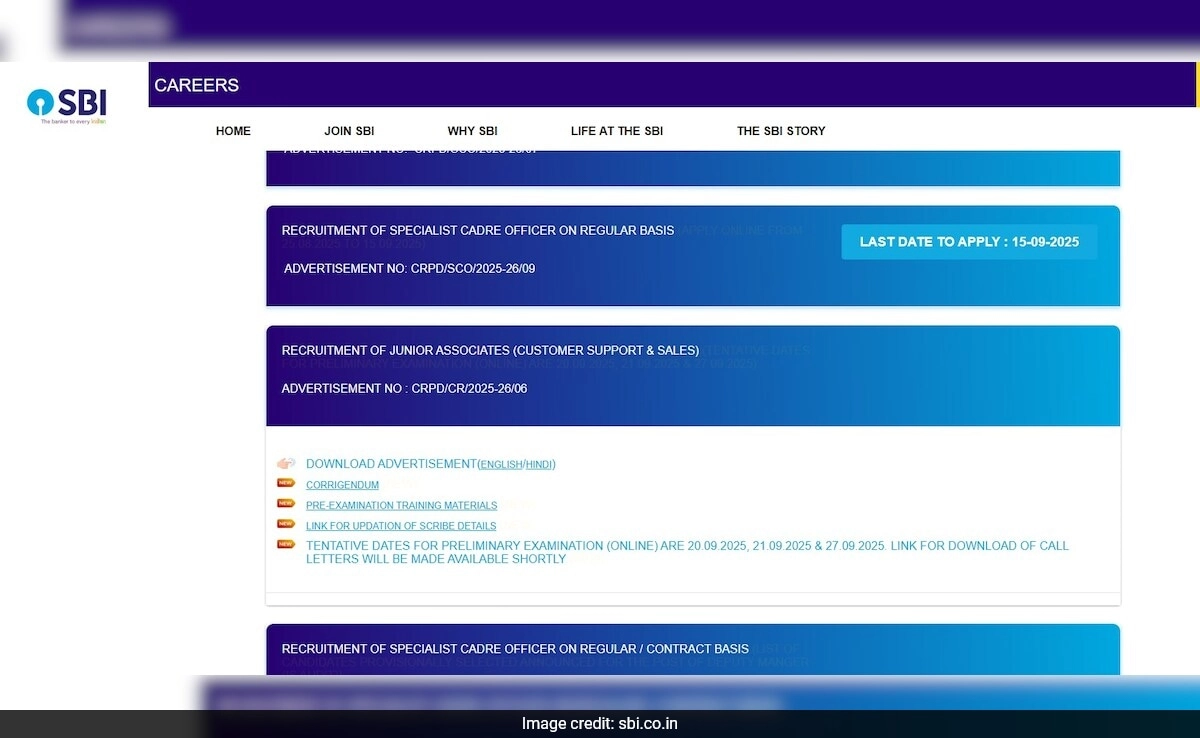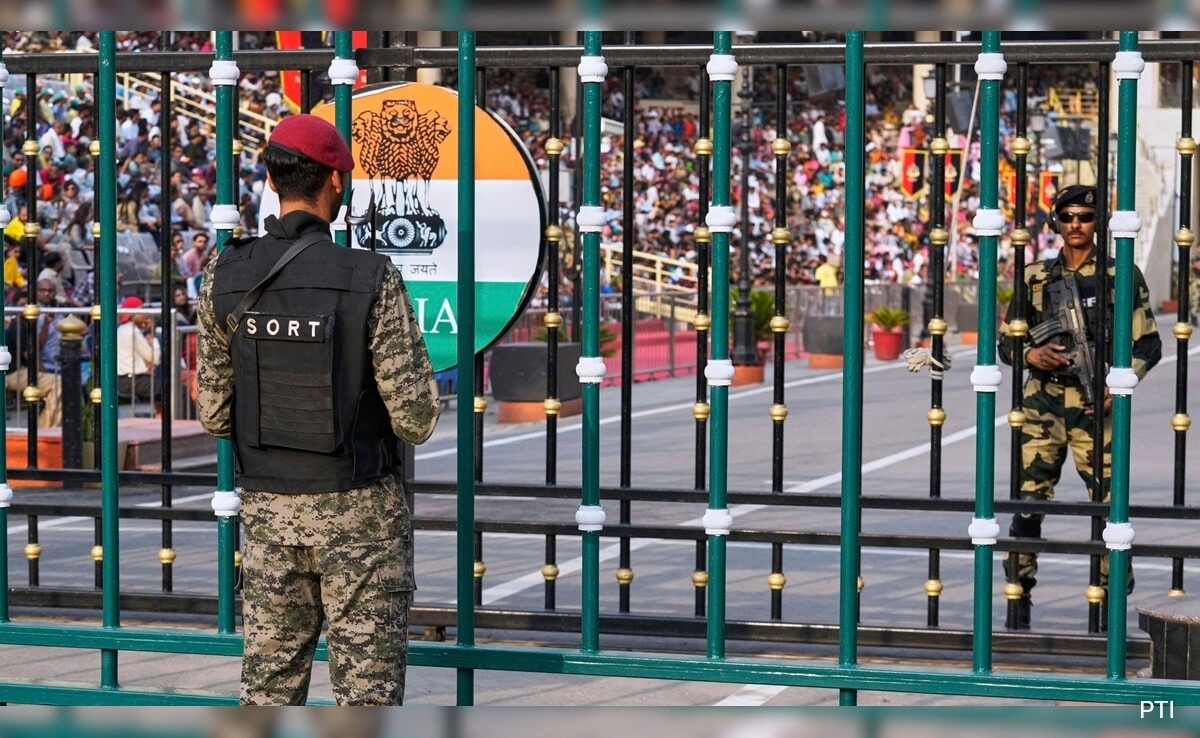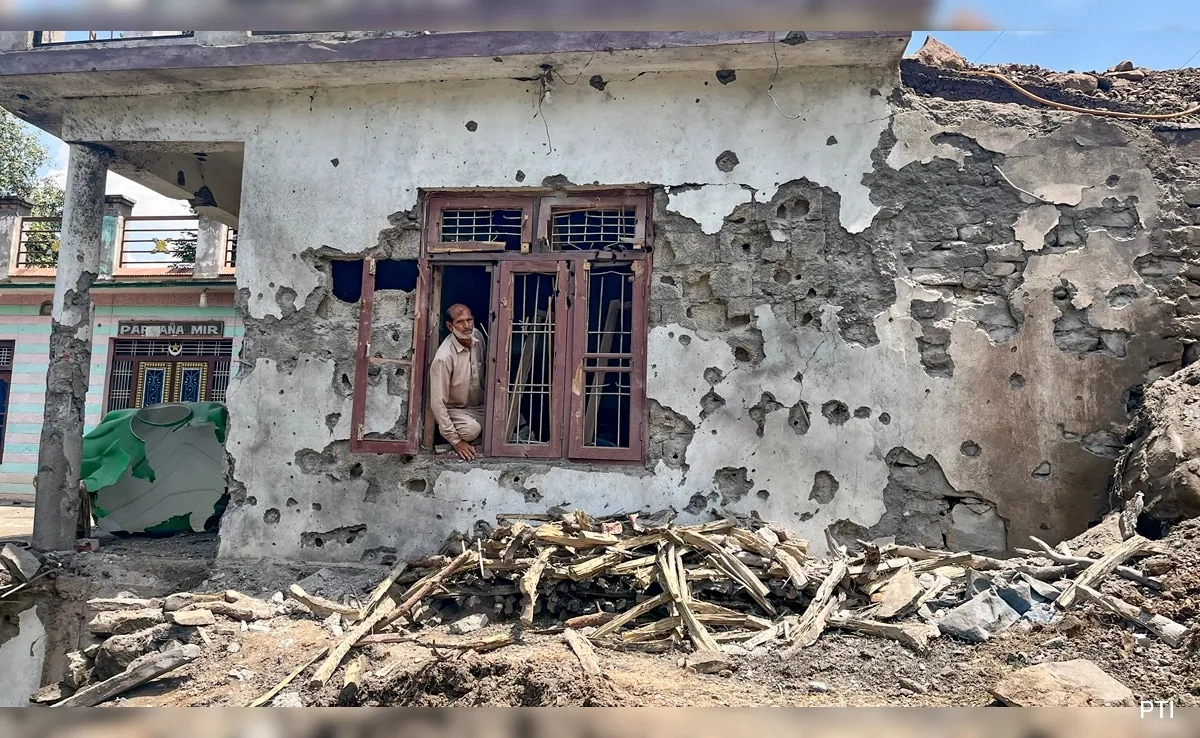In a shocking incident that has drawn significant media attention, a woman in Bihar has been arrested for allegedly killing her husband just days after their wedding. The case has raised eyebrows not only because of the brutal nature of the crime, but also due to the circumstances surrounding it. Reports suggest that the woman had been harboring intentions to marry her uncle, which may have motivated her actions. The incident highlights complex issues surrounding familial relationships, societal pressures, and the role of women in traditional Indian society.
According to local authorities, the couple had married under circumstances that were not fully supportive of their union, and the bride had expressed her desire to be with her uncle instead. This desire appears to have led her to make the drastic decision to eliminate her husband, whom she had just married. The crime has left the local community in shock, as it not only involves a heinous act but also reflects the intense emotional and psychological struggles faced by individuals who find themselves trapped in unwanted marital situations.
The aftermath of the incident has sparked discussions about the institution of marriage in India, particularly in regions where familial arrangements often dictate personal choices. It raises questions about the autonomy of women and their rights to choose their partners. In many cases, women might feel coerced into marriages that do not align with their personal desires, leading to tragic outcomes. The case in Bihar serves as a grim reminder of the need for greater awareness and reforms in understanding the dynamics of marriage and consent.
As investigations continue, the story has garnered attention on social media and news platforms, prompting a broader dialogue about love, duty, and the societal expectations placed upon individuals in marital relationships. This incident, while uniquely tragic, is not isolated, as it emphasizes the urgency for legal and social reforms that empower individuals, especially women, to make choices that reflect their true desires and aspirations. The community response will be critical in shaping the narrative and ensuring that the complexities of such situations are understood and addressed thoughtfully.




